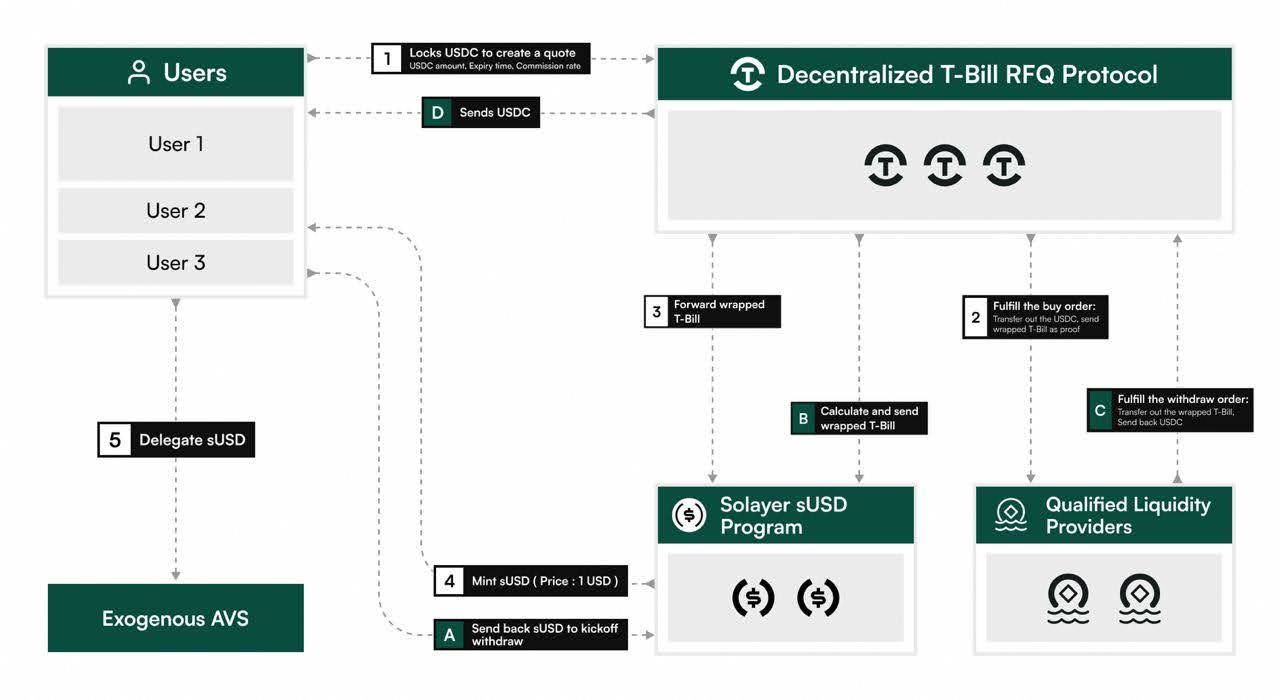
Suilend, a DeFi lending and borrowing platform, has announced the launch of SpringSui, a new standard for liquid staking tokens (LSTs) on the Sui network. The introduction of Spring SUI (sSUI), the first LST under this new framework, is part of this standard. More Web3 users will be able to engage in staking thanks to sSUI, which will also expand the Sui network’s liquidity and yield-generating possibilities.
The protocol-level upgrades SIP-31 and SIP-33, which establish a new token standard intended to speed up the expansion of LSTs on Sui, are the foundation for SpringSui. Suilend created sSUI, the first token used with this framework, to showcase the potential of SIP-33.
Users who stake SUI using sSUI may utilize the LST that represents their staked assets on Suilend and other DeFi platforms. sSUI increases yield-generating possibilities on the Sui network while democratizing access to SUI staking.
Although it has been slower to gain traction on Sui, where just 1.18% of native tokens are staked in LSTs, compared to 6.6% on Solana and 41% on Ethereum, liquid staking has grown to be a significant industry on Proof of Stake (PoS) networks like Ethereum and Solana.
Rooter, founder of Suilend, shared his vision:
“I think SpringSui will unlock a new era for liquid staking on Sui. The primary driver of growth for LSTs is leveraged staking, which will be turbocharged by SpringSui.”
Sam Blackshear, CTO of Mysten Labs, commented:
“SIP-31 and SIP-33 are significant upgrades to Sui staking. Adding fungibility to staked tokens will improve the interoperability of existing use cases and enable some new ones. The Suilend team has done excellent work on both the theory and engineering behind these improvements.”
Through its instant unstaking feature, SIP-33 mitigates the dangers of depegging, hence improving the security of LST-backed collateral.
Emma Zhong, Software Engineer at Mysten Labs, commented:
“SIP-33’s instant unstaking feature improves the safety of LSTs by minimizing depegging risks. This upgrade represents a major step in boosting the safety, efficiency, and accessibility of staking products across Sui’s DeFi ecosystem.”
Industry leaders are paying attention since SpringSui’s release represents a significant advancement for the Sui ecosystem.
Kevin, Co-Founder and CTO of Aftermath Finance, shared his excitement:
“We’re excited to work with the Suilend team to make afSUI more streamlined, which unlocks our MEV-powered LST product.”
BL, Co-founder and CTO of Studio Mirai, added:
“We’re excited to partner with Suilend for the launch of SpringSui. SpringSui gives us the tools and means to deploy a custom LST specifically for the Studio Mirai community. We’re looking forward to exploring the potential of community-driven LSTs and providing users with more control over their liquidity.”
The framework is open-sourced and accessible to all Sui developers in an effort to hasten the adoption of the SpringSui Standard and encourage liquid-staking on Sui. The SpringSui Standard, developed by 0xripleys, a member of the Suilend team who also developed SIP-31 and SIP-33, will be advantageous to the Sui ecosystem as a whole. Prominent LST provider Aftermath has already pledged to include the SpringSui standard within their line of products.
LST adoption is emphasized as a primary aim in Suilend’s roadmap, and the release of SpringSui marks a significant advancement toward that objective. Suilend will provide a new platform that enables anybody to create and oversee their own LST in order to further this endeavor. The ability for LST operators to choose their own fees will promote a flexible and adaptable strategy for LST deployment on Sui.
Suilend is improving its DeFi services with SpringSui, giving users more options to generate yield on Sui, and enticing other developers to provide creative LST solutions that will permit unrestricted liquidity movement across the network.






